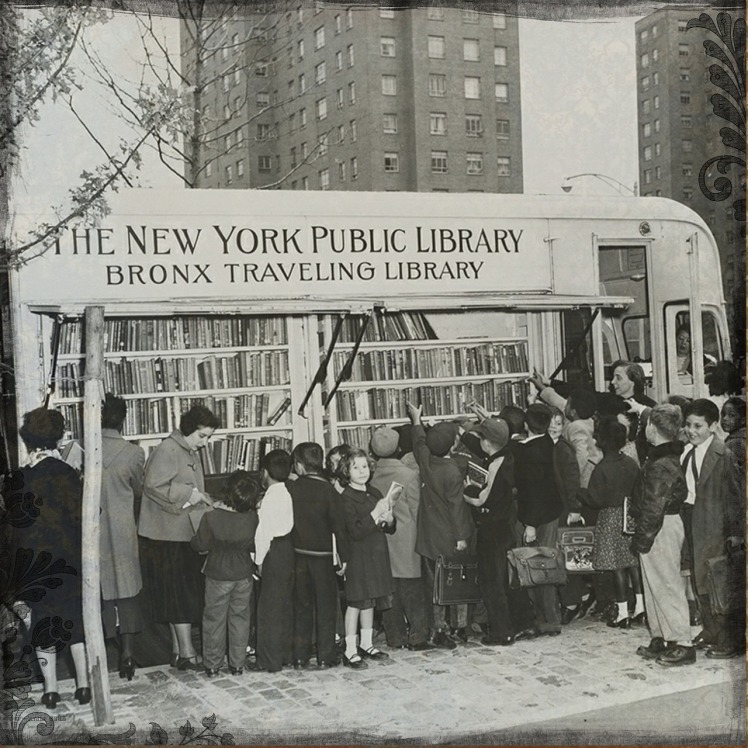“Good management is the art of making problems so interesting and their solutions so constructive that everyone wants to get to work and deal with them.”
Paul Hawken
Knowledgeable people on certain topics are hard to come by. More often that not a question will pop in your head and the answer will escape you. Who do you turn to when that happens? Nowadays you probably just grab your smartphone and Google it. But if the topic in question is very specific and you need an expert then you’ll turn to ask someone in that field.
Plato attributed Socrates to have said: “I know one thing: that I know nothing.” The Socratic paradox is a well-known phrase. And it’s a great indication of our own learning limitations. In order to become an expert on any given topic, years upon years of studies and experiences must be gathered. But wouldn’t there be a better way to call upon this scattered knowledge from experts across the World when the time is needed?
Jean Lave and Étienne Wenger came up with a solution in 1991: they called it Communities of Practice (CoP).
What is a community of practice?
Is a platform that enables people to unite on a common ground, share their concerns as well as their passion for the subject; ultimately learning together to increase their knowledge!
There’s a chance that you are probably not familiar with the term, and still have used some form of it. And CoPs have existed long before they had this name, and they lived offline before there was even an online.
Have you ever needed support for a device or help with dealing with a computer problem? There’s a high possibility you’ve come across a forum on the manufacturer’s website where fellow users have encountered similar issues. (I definitely resorted to this when daylight savings finished and my Fitbit had a fit of its own!) Or at the very least the website is equipped with an FAQ section! This embedded information is a simplified version of a community of practice.
There are also some set characteristics of what constitutes a CoP:
Domain: the shared interest and commitment from its members.
Community: its creation will become essential to build rapport between said members. This relationship will become the foundation of the community.
Practice: the culmination of all the developed stories and experiences shared with the rest of the community. The tools created to deal with the issues which arise are a part of this as well.
The advantages of creating a CoP is to facilitate collaboration, cooperation, communication, and connection (yes, the 4 C’s are back!) between people by encouraging them to share what they know whilst answering questions from other members; their contributions will generate new learning opportunities and should they face a problem themselves they can readily request assistance.
Online community vs CoP
Is there a difference between an online community and a CoP? A C0P can reside in the online world but can also live outside it. Originally that was the case, before the dawn of the internet, CoPs needed people to meet face-to-face to share. The benefit of today’s connected world means these limitations have been made redundant. New social media technologies have contributed to the interaction between members of the same C0P, both online meetings, and asynchronous feedback are becoming the norm.
With this in mind, it’s easy to see the potential of implementing CoPs in Business. As a company, harnessing the knowledge of your employees is important and building KM (Knowledge Management) is imperative. But if your employees happen to be passionate about generating solutions for everyone then not tapping into this would be a lost opportunity. Business goals and strategy will tend to align very well with the establishment of a CoP and by working together the business can progress more quickly. After all, two heads are better than one… just imagine the possibilities of combining all the experts heads together!
—
Header: Source


I really liked how you used Paul Hawken’s quote – it made me want to read your post to see what you were going to talk about. Great use of the travelling library photo and relating to today – thanks for the read
LikeLiked by 1 person
Thank you!
Finding quotes for each post has been fun and a challenge. And once I saw the picture of the Library it made sense to include it on a knowledge related post.
LikeLike
I like it, good thinking
LikeLiked by 1 person
🙂
LikeLiked by 1 person